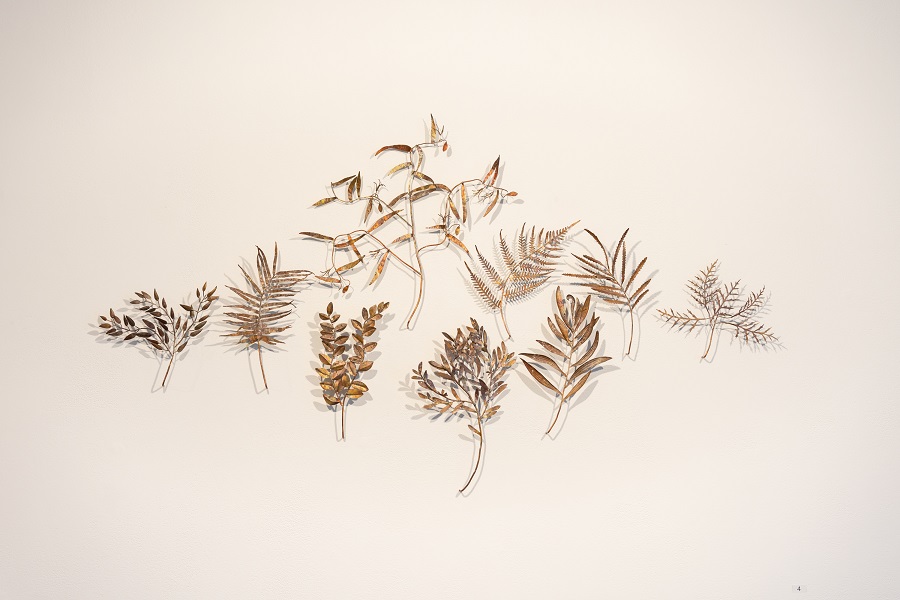
Visual art / Speculative Materialism: Making for the Future. At Craft and Design Canberra, until December 14. Reviewed by SOPHIA HALLOWAY.
Of the many challenges faced by contemporary makers, the environmental impact of creative production poses a particular conundrum: can we justify producing new “stuff”, for art’s sake?
Is art and design a frivolous preoccupation in the time of a climate crisis? Or can it play a role in correcting the perilous course we are on?
These are some of the questions raised by Speculative Materialism: Making for the Future at Craft and Design Canberra. Curated by Jodie Cunningham and Waratah Lahy with contributions from Christian Sirois, Speculative Materialism engages with the conflicts of being a maker in a time of mass consumption.
A group of artists (Beth O’Sullivan, Julie Pennington, Daniel Leone and Molly Desmond) collaborated to produce a ceramic coral reef, each contributing a sculpture that has been installed in a tank at the National Zoo and Aquarium. A screen in the gallery space plays a real-time feed of the tank, showing the subtle transformation of these works as they are overtaken by coral.
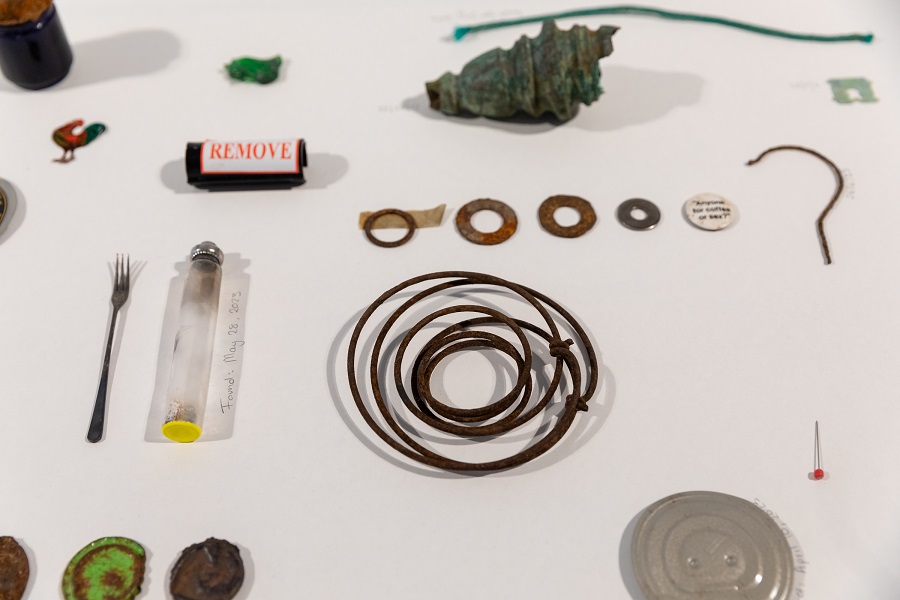
Another aquatic intervention is a series of Habitat Panels by Alex Goad at Living Seawalls. These panels are installed on artificial marine structures, such as pontoons and marinas, as habitats for marine life. Displayed in the gallery context, the aesthetic quality of these objects becomes more prominent – Alex Goad originally trained as a ceramic artist before becoming a marine biologist.
These durational works challenge our expectation for art to remain unchanged over time. Likewise, Narelle White’s Earth to Earth, a series of small sculptures made from sand and porcelain, are constantly eroding, evoking the inevitable mortality of material culture (despite our vain attempts to preserve it) and its eroding impact on the natural world.
Works by Halie and Niklavs Rubenis were produced during a “self-appointed” residency at the Dodges Ferry Recycling Centre in Southern Tasmania. In Trash Collection from Dodges Ferry Recycling Centre, Halie reproduces small bits of plastic – floss picks carved in shell, bread tags made of bread. These are displayed amongst detritus from the recycling centre, posing a challenge to resource-intensive recycling as a flawed solution for our extensive use of plastic.
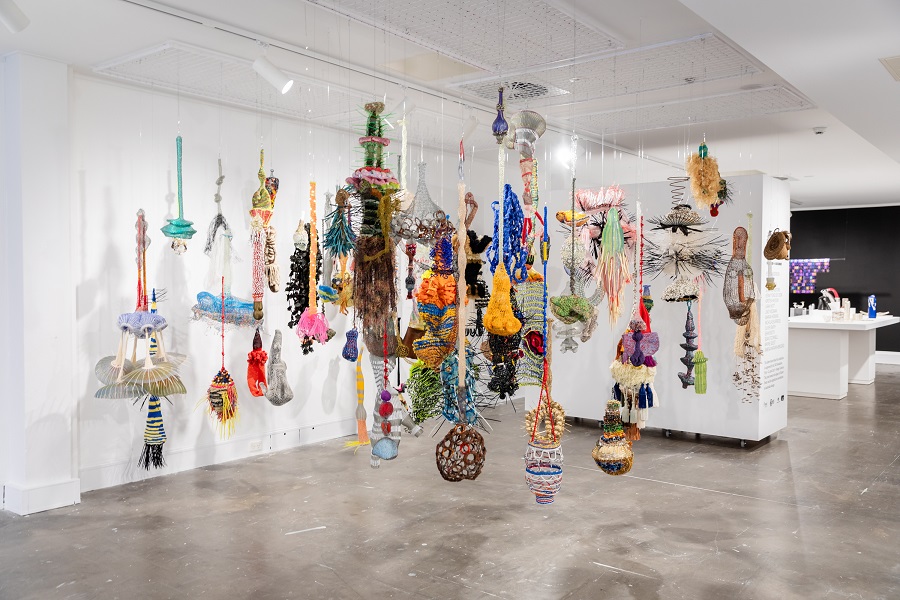
Recycling and reuse are also framed as positive forces, elevating the inherent beauty in discarded materials. In Light rain on Wallum Country, Nicole Jakins transforms salvaged copper into intricately beautiful sculptures of native flora species. Minka Gillian’s Mind Garden is comprised of 100 sculptures suspended from the ceiling, primarily crafted from reclaimed or recycled materials using traditional domestic techniques such as weaving, netting and crochet.
Alexi Freeman’s Pistachio Shell Mask uses thousands of pistachio shells to produce a chainmail mask. Waste is transmuted into armour, speaking to our desire to simultaneously confront and shield ourselves from the reality of the Anthropocene. The medieval technique recalls humanity’s long history of encroaching upon nature, the disposability of modern culture and the consequences we now reckon with.
Speculative Materialism is a confronting, but hopeful, investigation into the role of creative practice in addressing the environmental crisis.
Who can be trusted?
In a world of spin and confusion, there’s never been a more important time to support independent journalism in Canberra.
If you trust our work online and want to enforce the power of independent voices, I invite you to make a small contribution.
Every dollar of support is invested back into our journalism to help keep citynews.com.au strong and free.
Thank you,
Ian Meikle, editor
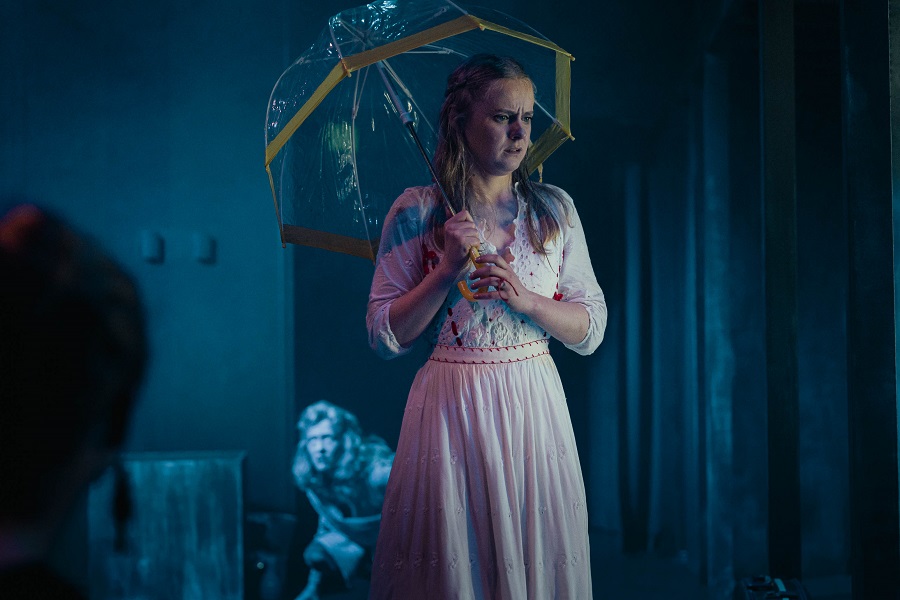
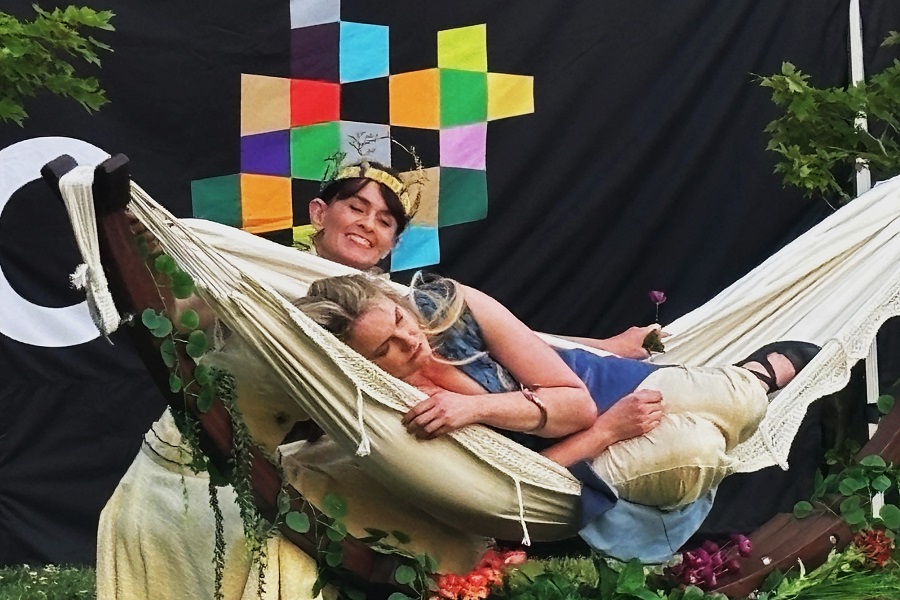
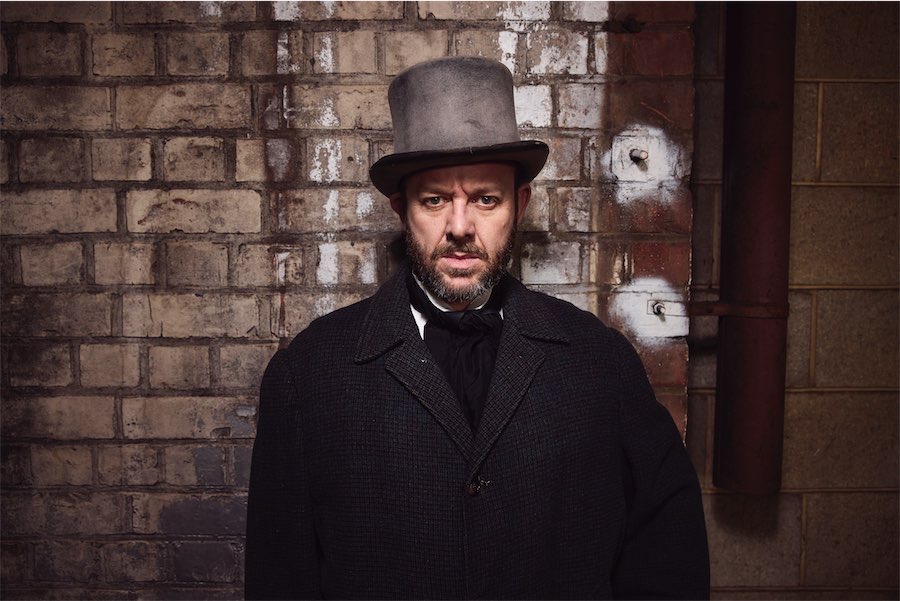

Leave a Reply